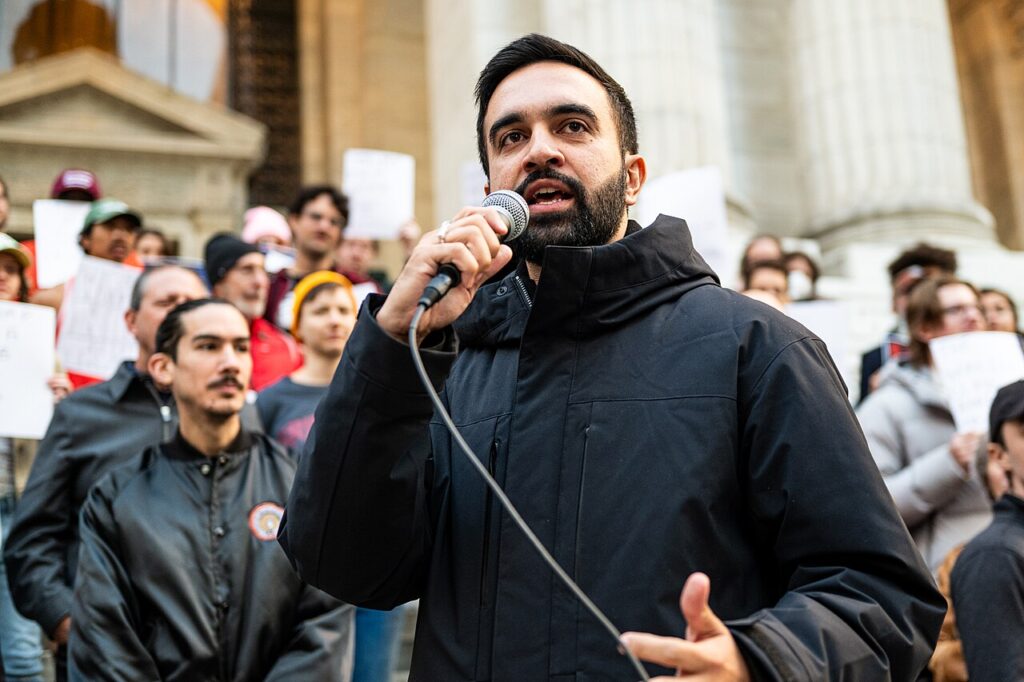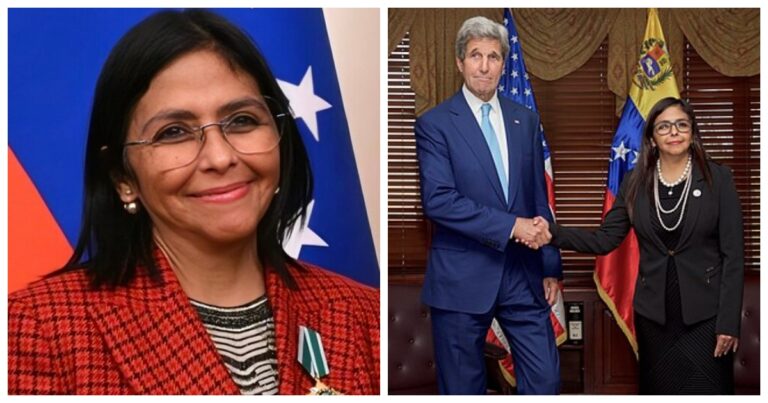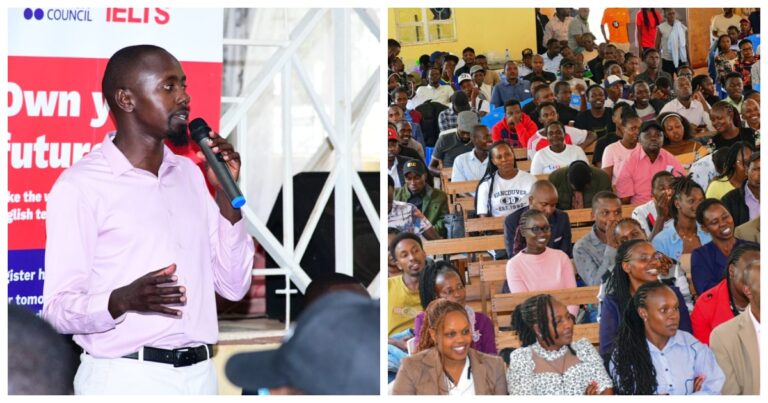
According to recent polls and expert predictions, Zohran Mamdani is poised to make history as New York City’s next mayor in the November 4, 2025 election.
The Democratic state assemblyman, representing the Democratic Socialists of America (DSA), has energized progressive voters with bold policies such as universal free childcare, rent freezes for nearly one million residents in rent-stabilized apartments, and no-cost public transportation.
These proposals have propelled him to a strong lead in the race against his key opponents: independent Andrew Cuomo, the former governor of New York, and Republican Curtis Sliwa. Mamdani holds about 45.8% support in the latest RealClearPolitics poll average, which shows him 14.7 points ahead of Cuomo, who has around 31.1%. Sliwa trails further behind with roughly 17.3%.
Read Also: Why Somalia Refuses to Recognize Somaliland’s Independence
Mamdani’s campaign has attracted notable enthusiasm among younger voters, Asian Americans, and those without religious affiliations. Meanwhile, Cuomo, mounting a political comeback after resigning as governor in 2021, has secured his base mostly among Jewish voters, while Sliwa’s support remains primarily Republican.
The mayoral election is particularly significant as the current mayor, Democrat Eric Adams, withdrew earlier this year from seeking re-election due to controversies and legal issues. This opened the door for a competitive contest that has sparked intense political debates on the future direction of New York City. Mamdani’s victory would mark a shift toward more progressive policies in a city grappling with issues of affordability, transportation, and social equity.
Early voting
Early voting was strong, with over 734,000 ballots cast in the nine-day early voting period—more than four times the turnout for the previous mayoral race. As a result, the final results on Election Day will be closely watched not only in New York but nationwide, given the city’s political and cultural influence.
If Mamdani wins, he will succeed Adams and become one of the youngest and most progressive mayors in New York City history. His rise signals a changing landscape in urban politics, emphasizing inclusion, social welfare, and affordable living as key voter priorities.
This election outcome aligns with the predictions of experts who foresaw Mamdani’s success as a frontrunner driven by a progressive wave in the city.







